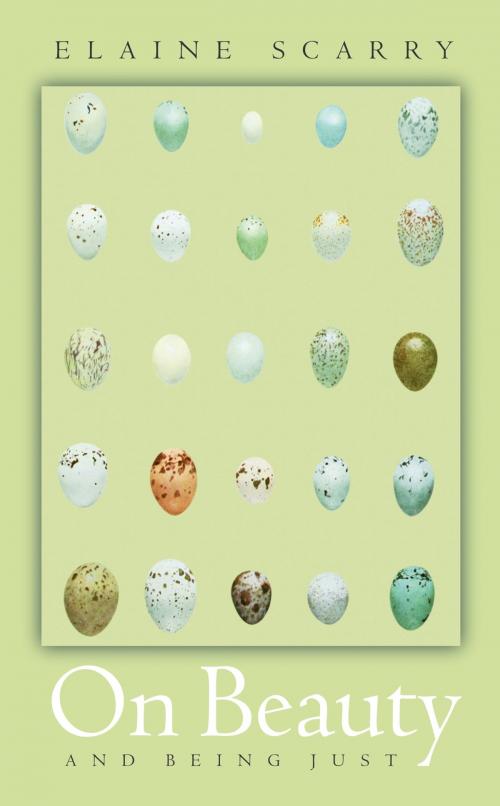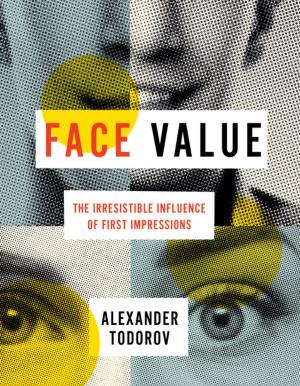On Beauty and Being Just
Nonfiction, Religion & Spirituality, Philosophy, Aesthetics, Fiction & Literature, Literary Theory & Criticism, Theory| Author: | Elaine Scarry | ISBN: | 9781400847358 |
| Publisher: | Princeton University Press | Publication: | March 21, 2013 |
| Imprint: | Princeton University Press | Language: | English |
| Author: | Elaine Scarry |
| ISBN: | 9781400847358 |
| Publisher: | Princeton University Press |
| Publication: | March 21, 2013 |
| Imprint: | Princeton University Press |
| Language: | English |
Have we become beauty-blind? For two decades or more in the humanities, various political arguments have been put forward against beauty: that it distracts us from more important issues; that it is the handmaiden of privilege; and that it masks political interests. In On Beauty and Being Just Elaine Scarry not only defends beauty from the political arguments against it but also argues that beauty does indeed press us toward a greater concern for justice. Taking inspiration from writers and thinkers as diverse as Homer, Plato, Marcel Proust, Simone Weil, and Iris Murdoch as well as her own experiences, Scarry offers up an elegant, passionate manifesto for the revival of beauty in our intellectual work as well as our homes, museums, and classrooms.
Scarry argues that our responses to beauty are perceptual events of profound significance for the individual and for society. Presenting us with a rare and exceptional opportunity to witness fairness, beauty assists us in our attention to justice. The beautiful object renders fairness, an abstract concept, concrete by making it directly available to our sensory perceptions. With its direct appeal to the senses, beauty stops us, transfixes us, fills us with a "surfeit of aliveness." In so doing, it takes the individual away from the center of his or her self-preoccupation and thus prompts a distribution of attention outward toward others and, ultimately, she contends, toward ethical fairness.
Scarry, author of the landmark The Body in Pain and one of our bravest and most creative thinkers, offers us here philosophical critique written with clarity and conviction as well as a passionate plea that we change the way we think about beauty.
Have we become beauty-blind? For two decades or more in the humanities, various political arguments have been put forward against beauty: that it distracts us from more important issues; that it is the handmaiden of privilege; and that it masks political interests. In On Beauty and Being Just Elaine Scarry not only defends beauty from the political arguments against it but also argues that beauty does indeed press us toward a greater concern for justice. Taking inspiration from writers and thinkers as diverse as Homer, Plato, Marcel Proust, Simone Weil, and Iris Murdoch as well as her own experiences, Scarry offers up an elegant, passionate manifesto for the revival of beauty in our intellectual work as well as our homes, museums, and classrooms.
Scarry argues that our responses to beauty are perceptual events of profound significance for the individual and for society. Presenting us with a rare and exceptional opportunity to witness fairness, beauty assists us in our attention to justice. The beautiful object renders fairness, an abstract concept, concrete by making it directly available to our sensory perceptions. With its direct appeal to the senses, beauty stops us, transfixes us, fills us with a "surfeit of aliveness." In so doing, it takes the individual away from the center of his or her self-preoccupation and thus prompts a distribution of attention outward toward others and, ultimately, she contends, toward ethical fairness.
Scarry, author of the landmark The Body in Pain and one of our bravest and most creative thinkers, offers us here philosophical critique written with clarity and conviction as well as a passionate plea that we change the way we think about beauty.















